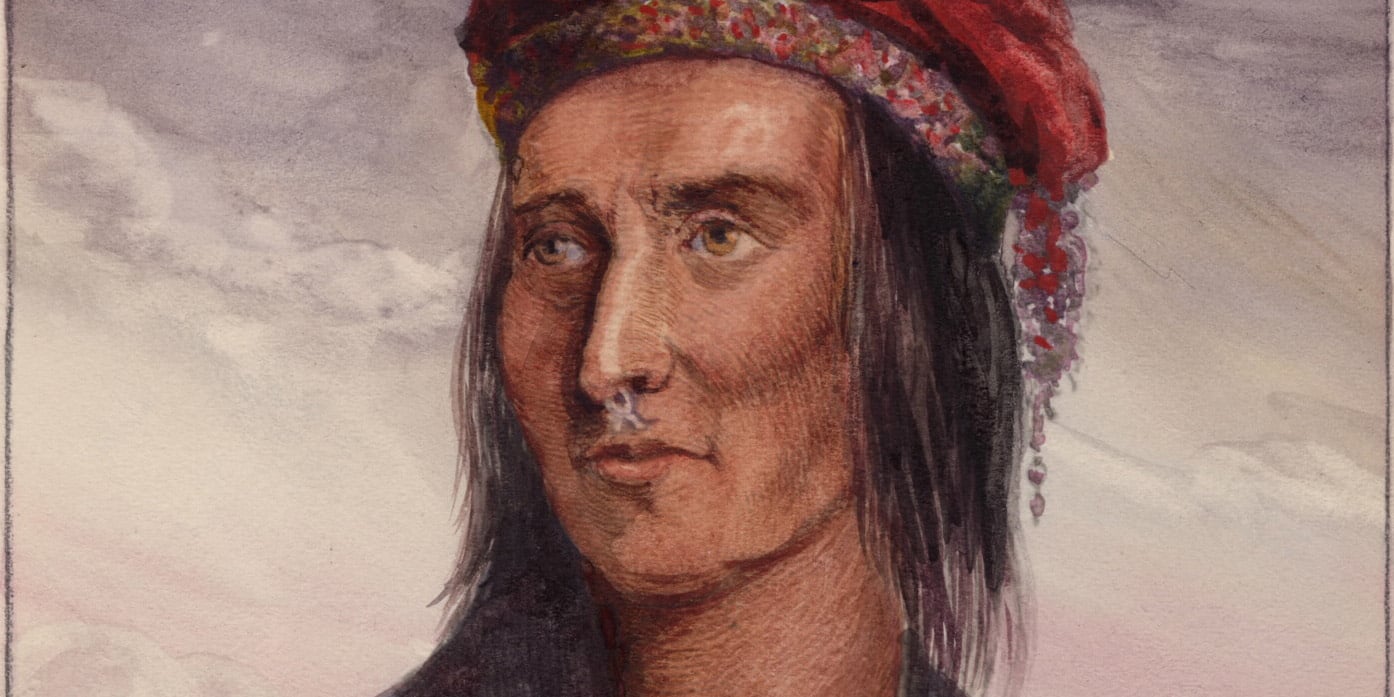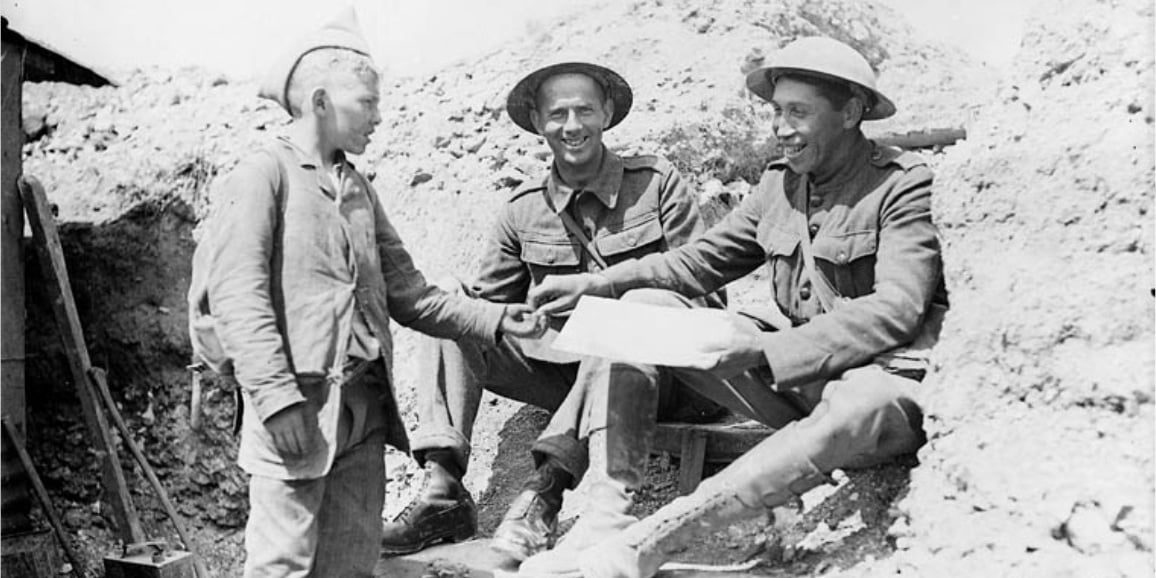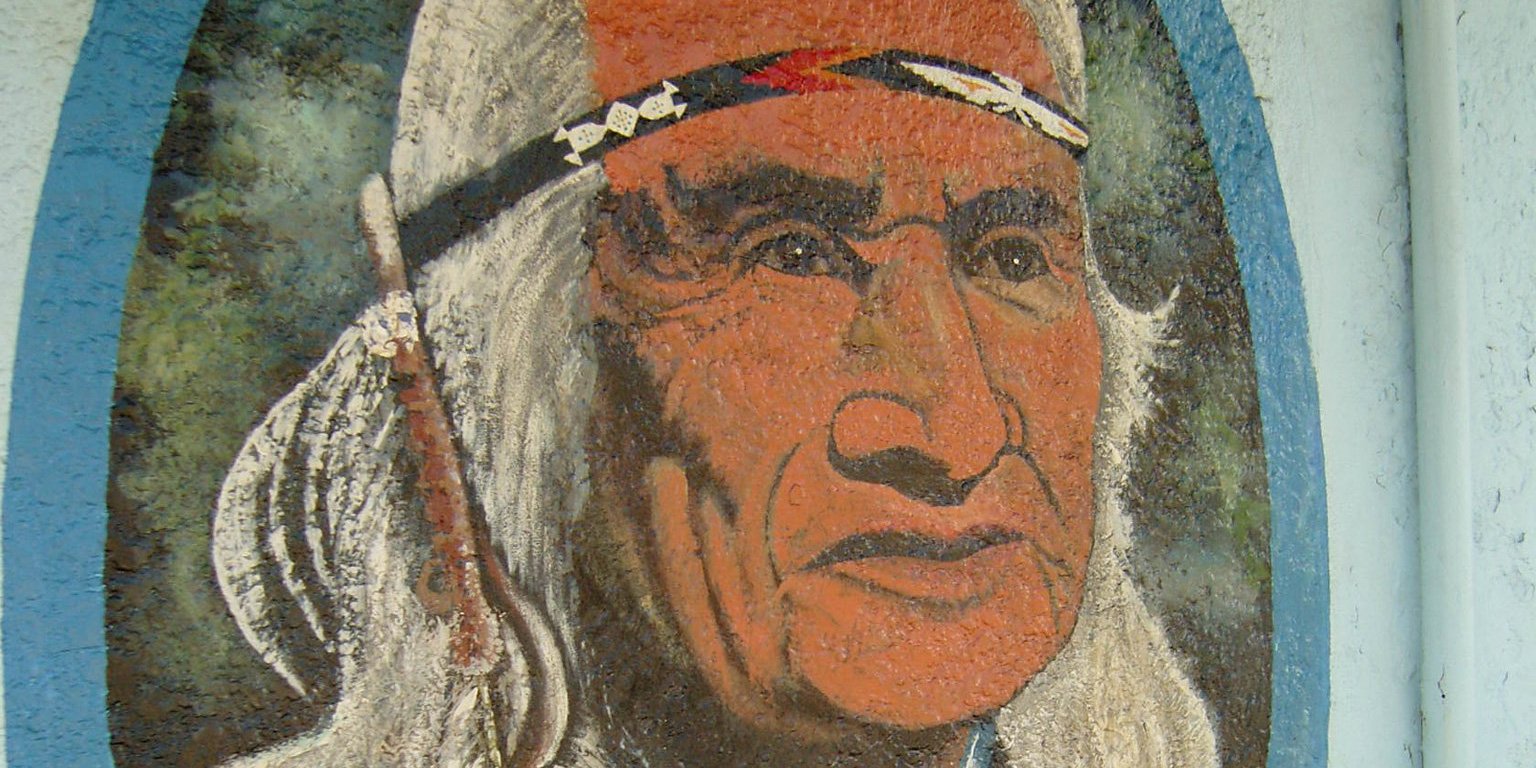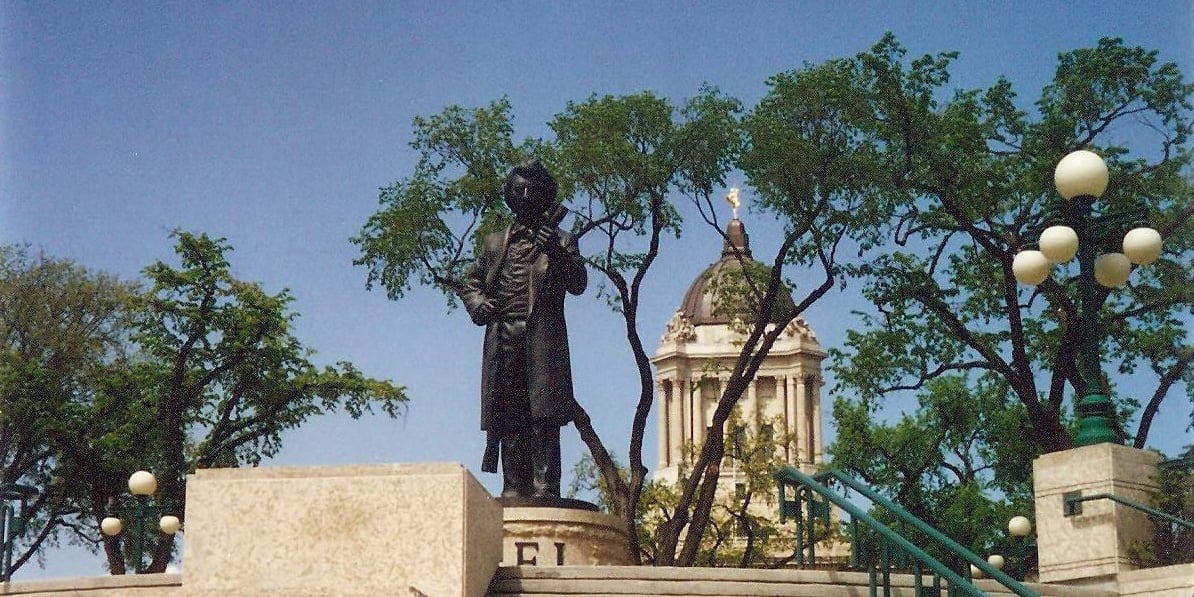Indigenous War Heroes - More Than a Few Good Men
When we think of Indigenous war heroes Tommy George Prince immediately and justifiably jumps to mind. But, there are many other Indigenous heroes who...

Tecumseh, Shawnee War Chief was a charismatic leader, an orator and a respected war chief of the Shawnee Indians of Ohio. His vision for a Confederacy of Indians to stand united in the face of the expropriation of their lands and cultures was pivotal in the defense of British North Americans against American troops.
He was born in a Shawnee village near what is now Springfield, Ohio. His father was killed in 1774 in a battle between the Virginia militia and the Shawnee which is considered to have been pivotal in Tecumseh’s outlook towards the militia and white settlers. At an early age, he developed a reputation as a distinguished warrior and leader and became chief of the Shawnee tribe. As the tide of settlers pushed his people further west, his concern for his people grew into an anger that drove him to form a band of warriors and lead raids on the settlers.
He and his brother, Tenskwatawa (later named The Prophet due to his religious visions) were very close and founded a settlement called Prophetstown, on the Tippecanoe River, in Indiana. The brothers encouraged the Shawnee, and all visitors from other tribes, to not adopt the ways of the white settlers, to not drink alcohol, and to farm their land.
Following the Treaty of Fort Wayne in 1809, which saw three million acres of Native American land ceded to the United States by a delegation of Indians, Tecumseh developed the concept of an Indian Confederacy, under which terms no land could be sold unless all tribes agreed. He and the Prophet were quite successful in their efforts to unite tribes against U.S. expansion. The British, watching from the other side of the border, were understandably supportive of this endeavour.
The Indian Confederacy obviously was a thorn in the side of the U.S. government and by 1810 he was in direct conflict with William Henry Harrison, governor of Indiana and future president of the United States, and signatory on the sale of the three million acres. He met with Harrison and demanded rescission of the land; Harrison refused.
In late 1811, Harrison moved on Tippecanoe with 1000 men while Tecumseh was away raising support for the Confederacy. The Prophet arranged to meet Harrison the next day but in night attacked Harrison’s camp. Harrison’s men attacked the village in the Battle of Tippecanoe, drove out the villagers and burned down the town.
When the War of 1812 was declared, He and his followers were firmly on the side of the British. He joined British Major-General Sir Isaac Brock in the successful and strategically important siege of Detroit.
When the British were forced to retreat into Canada in 1813, He and his warriors covered the retreat. They were overwhelmed by the American troops (led by Harrison) and he was killed in Canada on October 5, 1813. With his death, his dream of the Indian Confederacy also died.
The Ontario Heritage Foundation & Kent Military Reenactment Society erected a plaque in Tecumseh Park, 50 William Street North Chatham, Ontario. The plaque reads:
On this site, Tecumseh, a Shawnee Chief, who was an ally of the British during the war of 1812, fought against American forces on October 4, 1813. Tecumseh was born in 1768 and became an important organizer of native resistance to the spread of white settlement in North America. The day after the fighting here, he was killed in the Battle of Thames near Moraviantown. Tecumseh park was named to commemorate strong will and determination.
Nearby stands a massive monument dedicated to British Major-General Sir Isaac Brock
Featured photo: Tecumseh. Photo: Wikipedia

When we think of Indigenous war heroes Tommy George Prince immediately and justifiably jumps to mind. But, there are many other Indigenous heroes who...

As Canadians from coast to coast to coast prepare to mark Canada’s 150th birthday on July 1, 2017, I wanted to revisit and reflect on the late Chief...

In Manitoba, Louis Riel Day is the third Monday in February and is a provincial holiday (first celebrated in 2008) - this date does not coincide with...